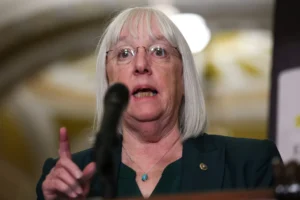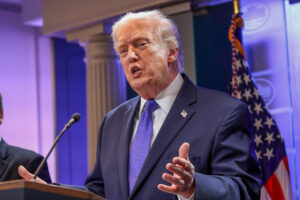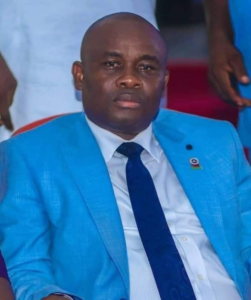South Korea will hold a snap presidential election on June 3 to replace ousted President Yoon Suk Yeol, acting President Han Duck-soo announced Tuesday, marking the official start of a high-stakes race triggered by one of the nation’s most dramatic political shakeups in years.
The announcement comes just four days after the Constitutional Court unanimously removed Yoon from office for his controversial imposition of martial law in December—a move that sent troops into Seoul’s streets and reignited painful memories of South Korea’s authoritarian past. Under South Korean law, a presidential election must be held within 60 days of a sitting president’s removal. The new president will serve a full five-year term.
The upcoming election is expected to be a fiercely contested two-way battle between Yoon’s conservative People Power Party (PPP) and its main rival, the liberal Democratic Party (DP). However, analysts say the conservatives are heading into the race at a serious disadvantage.
Still reeling from the political fallout of Yoon’s martial law declaration, the PPP faces deep internal divisions and plummeting public trust. Reformist lawmakers within the party publicly condemned Yoon’s actions and even joined opposition lawmakers in voting for his impeachment, sparking infighting with the party’s old guard who remained loyal to the former president.
Observers say the liberal Democratic Party has a clear early advantage, with party leader Lee Jae-myung widely expected to secure the nomination. Lee, who narrowly lost to Yoon in 2022, led the party through the crisis and became a central figure in the resistance to martial law, including a dramatic standoff with military forces who attempted to block legislators from voting on impeachment.
The Democratic Party is expected to formally confirm Lee as its candidate in the coming weeks, as he faces no serious challengers within the party. Meanwhile, the PPP is expected to field as many as 10 contenders for its nomination, complicating efforts to quickly consolidate behind a single unifying figure.
“The conservative party is entering this election at a major disadvantage,” said Leif-Eric Easley, a professor at Ewha University in Seoul. “Two months is not a lot of time to bring together moderates, core supporters, and a fringe base energized by conspiracy theories surrounding Yoon’s downfall.”
Yoon retains a fiercely loyal segment of the electorate, many of whom have staged large-scale rallies in his defense, claiming—without evidence—that he was targeted by a leftist conspiracy with ties to North Korea and that the opposition rigged legislative elections to undermine him.
While Yoon is now out of power, the shadow of his presidency—and the chaos that followed—will loom large over the coming campaign, shaping a critical moment in South Korea’s democratic future.



























